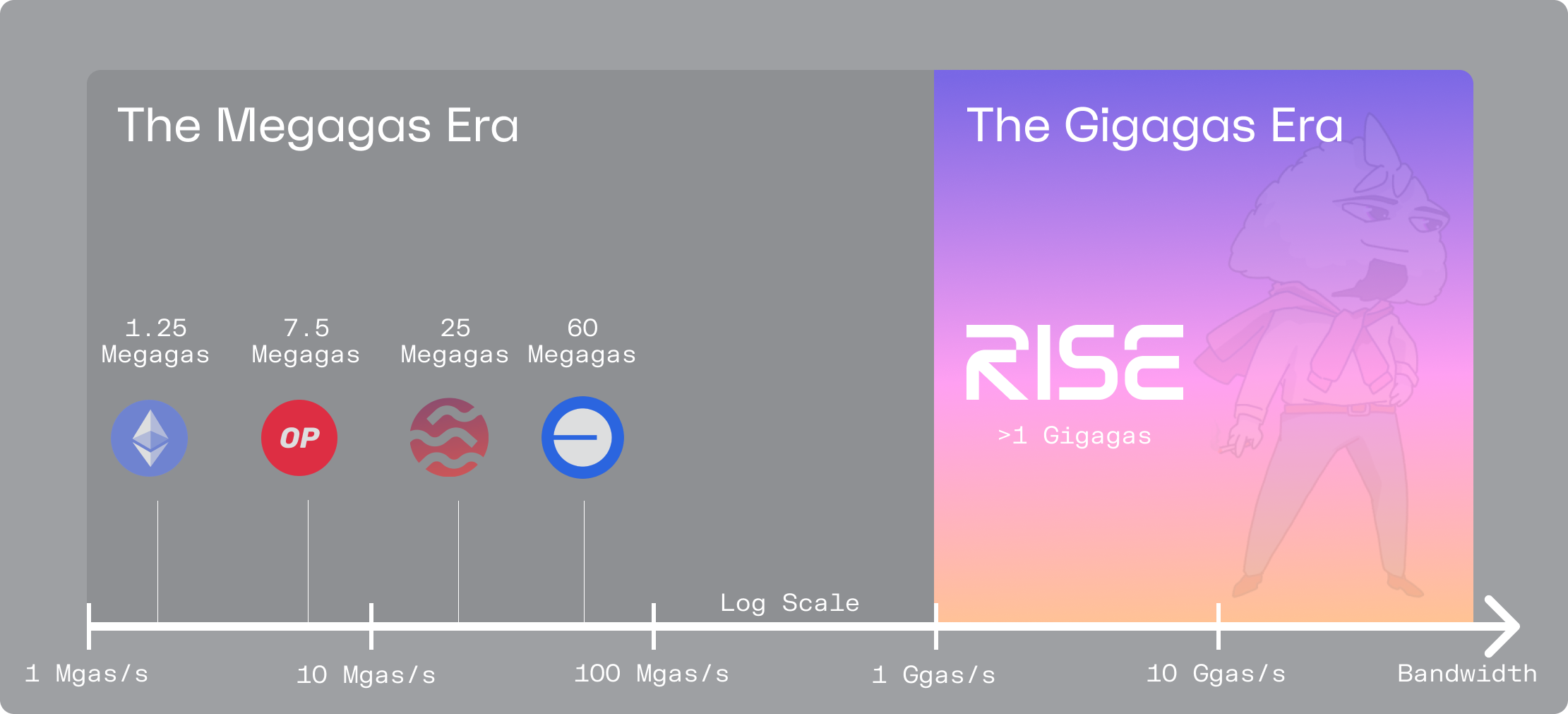
What is Gas per Second?
Gas per second (gas/s) is a new measure of bandwidth, determined by dividing the total gas consumed in a time period by the total number of seconds. It is a better metric than transactions per second (TPS). TPS is misleading as the complexity of a transfer is very different to a swap, NFT Mint, multi-sig approval, etc. The reason is that each transaction type may require storage or memory reads and writes, addition, multiplication, and many other operations.
These actions are called EVM opcodes, and each carries with them a particular cost to the network, be it the cost of storage on the network of validators or the cost of the entire Ethereum network computing that one random number computation that deemed you a lottery winner. To appropriately charge for this cost, every EVM opcode has a gas cost. Gas, like fuel for your car — yes. Consider gas to be a measure of transaction complexity. Here are some real examples of the total gas cost of common transactions.
| Transaction Type | Gas (Typical & Approximate) |
|---|---|
| ETH Transfer | 21k |
| ERC20 Transaction (Token) | 45k to 65k |
| ERC-1155 Transaction (NFT) | 60k to 120k |
| Univ2 Swap | 100k to 150k |
| Univ3 Swap | 120k to 250k |
| Yearn Rebalance | 100k to >1M* |
So if you hear blockchain X can support 1000 TPS, you won't know if that’s 1000 ETH transfers, swaps or something else. Whereas, if you’re told it can support 10 Megagas/s you will know that’s ~500 ETH transfers per second, or as little as 10 Yearn rebalances.
Gigagas per second (Gigagas/s) refers to a billion gas units per second. When we say RISE can handle 1 Gigagas/s, it means RISE can process around 47.6k ETH transfers, or around 15.3k-22.2k ERC20 transactions in one second.
TPS Disclaimer
Given TPS is a misleading metric, we have chosen to use Gigagas/s as our primary metric for measuring of bandwidth. This is a more accurate representation of the network's capacity, however, we will still have a short-term target of 100k TPS, explicitly for ETH transfers.